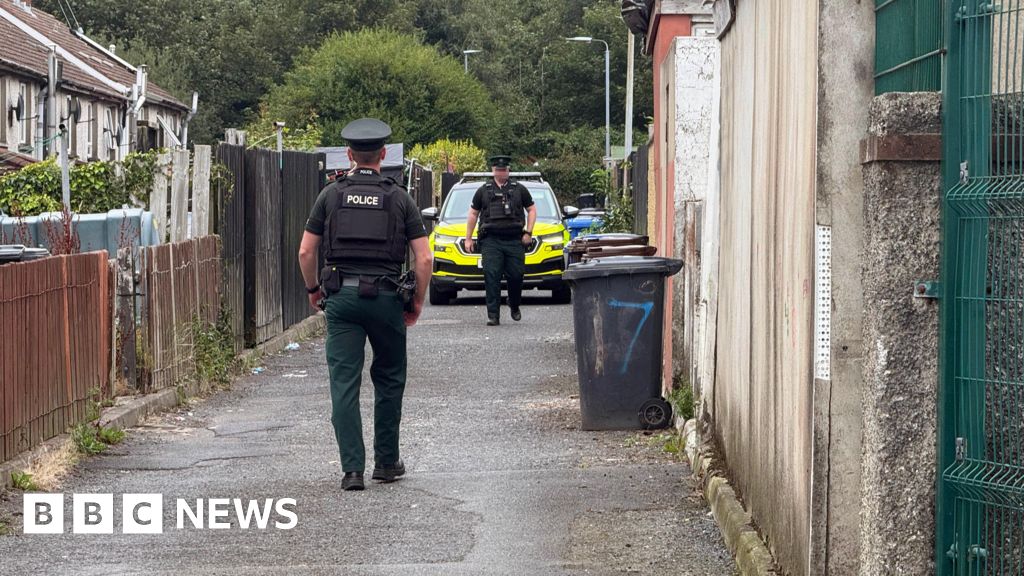
MEC for Finance and Economic Development Lebogang Maile said 296 Gauteng spaza shops and food-handling businesses have been closed down. (Ntwaagae Seleka/News24)
- A total of 296 spaza shops and food-handling businesses in Gauteng have been shut down as part of a crackdown on illegal and unsafe establishments.
- The closures were driven by a directive from President Cyril Ramaphosa requiring all such businesses to register by 28 February.
- Significant non-compliance was noted across municipalities such as Johannesburg and Tshwane.
A total of 296 Gauteng spaza shops and food-handling businesses have been closed down as part of the provincial government's crackdown on illegal and unsafe establishments.
MEC for Finance and Economic Development Lebogang Maile said compliance has been a serious problem in all of the province's municipalities.
Maile, who spoke during a media briefing on Sunday, said inspections revealed widespread non-compliance across Gauteng.
The closures are the result of a directive from President Cyril Ramaphosa in November 2024 that all spaza shops and food-handling businesses be registered within 21 days. The deadline was later extended to 28 February.
Maile said the province received 17 617 applications for registration by spaza shops and food-handling businesses.
Ramaphosa issued the directive following the deaths of more than 20 children linked to foodborne illnesses from products bought at spaza shops.
Maile said: "We will continue to shut down spaza shops and food-handling facilities that are non-compliant in terms of environmental health and safety standards, as well as the legal status of the owners."
He said 243 spaza shops and food-handling businesses in the City of Johannesburg were shut down, 48 businesses were closed in Tshwane and five spaza shops were closed in Ekurhuleni.
READ | R500m stimulus package for spaza shop industry to start mid-March – Stella Ndabeni-Abrahams
While Mogale City and Sedibeng municipalities were found with violations, no enforced closures had taken place yet.
Maile said municipalities in Gauteng had developed an online portal registration system to make the process easier for spaza shops and food-handling businesses.
The City of Johannesburg has approved only eight applications from foreign-owned businesses out of the 2 179 applications received.
In Tshwane, out of 4 109 applications, just 20 foreign-owned businesses have secured approval, while hundreds remain under review by the Department of Home Affairs and the South African Revenue Service (SARS).
Maile said foreign nationals in the country illegally would not be allowed to conduct business in Gauteng.
"We are working closely with home affairs and SARS to ensure that only those who comply with South African laws can operate," the MEC said.
Maile said businesses found operating after being shut down would face legal action.
"The horrors of last year, [when] our children were hospitalised and killed due to foodborne illnesses, must never be repeated. We are taking every measure to ensure that our people are protected," said Maile.
 (1).png)
 5 months ago
18
5 months ago
18

















